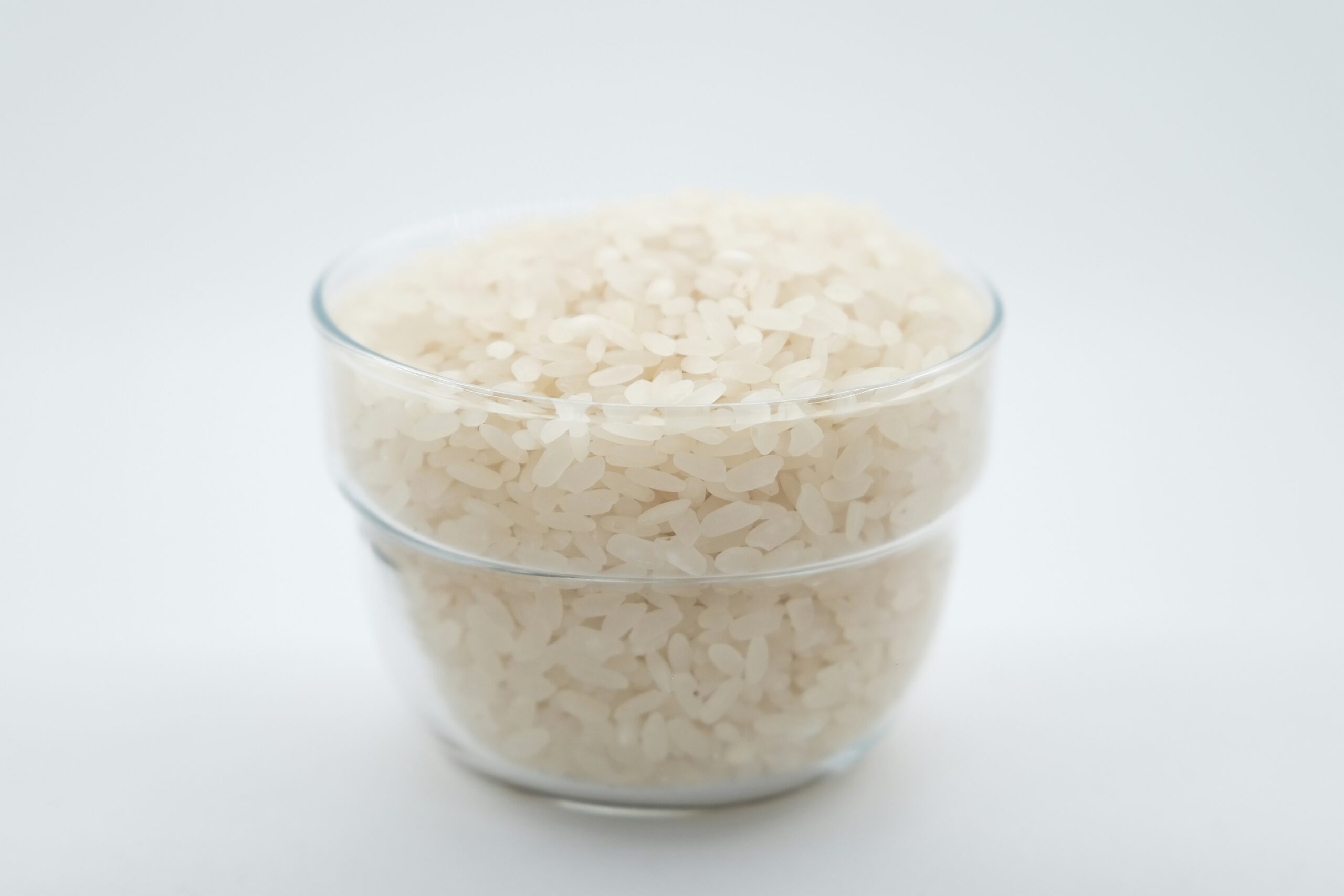If you’ve ever woken up in the morning and noticed an unpleasant odor when you use the bathroom, you may be wondering what changes you can make in your diet to prevent this issue. Believe it or not, your diet plays a significant role in the scent of your urine. By making a few simple adjustments to what you eat and drink, you can ensure that your morning trips to the bathroom are odor-free and leave you feeling fresh and confident.

Understanding the Causes of Bad-smelling Urine
Significance of dehydration
Dehydration is one of the major culprits behind bad-smelling urine. When your body doesn’t have enough water, it concentrates your urine, leading to a stronger and more unpleasant odor. The color of your urine can also become darker when you are dehydrated.
Impact of certain medications
Certain medications can cause changes in urine odor. Antibiotics, for example, can sometimes produce a distinct smell. Some other medications, such as vitamins and supplements, can also affect the odor of your urine. It is important to pay attention to any changes in smell that may coincide with starting a new medication.
Contribution of various illnesses
Certain illnesses can result in a foul-smelling urine odor. For example, urinary tract infections (UTIs) can cause an odor that is different from your usual urine smell. Other conditions like kidney stones, liver disease, or diabetes may also play a role in changing the odor of your urine. If you notice persistent changes in urine odor along with other symptoms, it is important to seek medical advice.
Role of certain foods
The foods you consume can have a significant impact on the smell of your urine. Some foods, like asparagus and garlic, are known to create a strong odor in urine. These odors are generally harmless and temporary. Foods high in sulfur, such as onions and cruciferous vegetables, can also contribute to a strong-smelling urine. By recognizing how different foods affect your urine odor, you can make dietary adjustments to alleviate or minimize the smell.
Importance of Hydration
Drinking plenty of water
Staying hydrated is vital for maintaining overall health, and it can also help combat bad-smelling urine. Drinking an adequate amount of water dilutes your urine, reducing its concentration and therefore lessening any strong smell. Aim to drink at least 8 cups of water per day, or more if you engage in physical activity or live in a hot climate.
Limiting intake of diuretics like coffee and alcohol
While water is essential for hydration, certain beverages can actually dehydrate you. Diuretics like coffee and alcohol can increase urine production and result in a more concentrated and odorous urine. It is best to limit your consumption of these beverages, especially if you notice changes in urine smell.
Benefits of hydrating fruits and vegetables
In addition to drinking water, incorporating hydrating fruits and vegetables into your diet can contribute to overall hydration. Fruits like watermelon, strawberries, and oranges, as well as vegetables like cucumber and lettuce, have high water content. These foods not only provide essential nutrients but also help keep your body hydrated, leading to less concentrated and smelly urine.
The Role of a Balanced Diet
Impacts of consuming a variety of foods
Maintaining a well-rounded and balanced diet can have positive effects on your overall health, including the smell of your urine. Consuming a variety of foods ensures that your body receives essential nutrients and helps maintain a proper pH balance. This, in turn, can prevent any unusual or unpleasant changes in urine odor.
Benefits of lean proteins
Including lean proteins, such as chicken, fish, tofu, and legumes, in your diet provides essential amino acids while minimizing the intake of unhealthy fats. A diet high in lean proteins helps maintain muscle mass, supports proper organ function, and contributes to a healthier metabolism. By incorporating lean protein sources into your meals, you can promote a balanced diet and potentially improve the smell of your urine.
Significance of vegetables and fruits
Eating a variety of vegetables and fruits is key to obtaining essential vitamins, minerals, and antioxidants. These nutrients help support the overall health of your body, including your urinary system. Additionally, the fiber content in fruits and vegetables promotes regular bowel movements, which can indirectly influence your urine odor. Make sure to include a colorful array of fresh produce in your meals to enjoy their numerous health benefits.
Role of whole grains
Whole grains, such as quinoa, brown rice, and whole wheat bread, are rich in fiber and provide sustained energy. They can improve digestion and prevent constipation, which may indirectly affect the odor of your urine. Including whole grains in your diet can promote a healthy gut and contribute to better overall urinary health.
Reducing Intake of Foods with Strong Odors
Effects of foods like asparagus and garlic
Certain foods, like asparagus and garlic, contain compounds that are broken down during digestion and excreted through urine. These compounds can result in a distinct and strong odor. While the smell may be temporary, reducing the intake of these foods can help minimize any unpleasant smell in your urine.
Limiting foods with high sulfur content
Foods high in sulfur, such as onions, cruciferous vegetables (broccoli, cauliflower, cabbage), and eggs, can contribute to a sulfur-like smell in urine. Reducing the consumption of these foods or finding alternative cooking methods, such as steaming instead of boiling, may help mitigate the odor.
Alternatives to strong-smelling foods
If you enjoy the taste of foods like asparagus or garlic but want to minimize their effect on urine odor, there are alternative options to consider. Asparagus, for example, can be grilled or roasted to reduce its impact on urine smell. Garlic can be used sparingly or cooked with other aromatic herbs to help mask its odor. Exploring different cooking techniques and flavor combinations can allow you to enjoy these foods while minimizing their influence on urine odor.

Managing Protein Intake
High-protein diet and urine odor
A high-protein diet can sometimes result in a stronger and distinct urine odor. Protein contains nitrogen, which is broken down into urea during metabolism. This urea is excreted through urine, and its concentration can affect the smell. By managing your protein intake, you can potentially reduce any noticeable changes in urine odor.
Balancing protein with carbohydrates
Including carbohydrates in your meals alongside proteins can help balance your diet. Carbohydrates provide energy and support the proper functioning of your body. By incorporating foods like whole grains and fruits alongside your protein sources, you can maintain a balanced diet and potentially minimize any changes in urine odor.
Healthy protein sources
Choosing lean protein sources, such as poultry, fish, legumes, and tofu, can help minimize any potential impact on urine odor. These protein sources are generally healthier and contain less fat compared to processed meats and fatty cuts of meat. Additionally, they provide essential nutrients without contributing excessive amounts of sulfur or other odor-causing compounds.
Limiting Intake of Certain Vitamins
Role of B-Vitamins and vitamin C in urine smell
Certain vitamins, like B-vitamins, can impact the odor of your urine. B-vitamins, such as vitamin B6 and vitamin B12, are water-soluble and can be excreted in urine. When consumed in high amounts, they can produce a distinct smell. Vitamin C, when taken in excess, can also contribute to changes in urine odor. Balancing your vitamin intake is important to minimize any changes in urine smell.
Balancing vitamin intake
While vitamins are essential for overall health, excessive intake can have potential side effects, including changes in urine odor. It is recommended to obtain vitamins from a balanced diet rather than relying solely on supplements. Incorporating a variety of nutrient-rich foods into your meals can help ensure a proper balance of vitamins and minimize any impact on urine odor.
Consequences of excessive vitamin supplementation
Taking excessive amounts of vitamins through supplements without professional guidance can lead to adverse effects, including changes in urine odor. It is important to follow recommended dosage guidelines and consult with a healthcare provider before starting any new supplementation regimen. They can assess your specific nutritional needs and guide you in making informed decisions about vitamin intake.

Reducing Consumption of Processed Foods
Ingredient content of processed foods
Processed foods often contain artificial additives, preservatives, and flavor enhancers. These ingredients can not only affect your overall health but also potentially impact the odor of your urine. By reducing the consumption of processed foods and focusing on whole, unprocessed foods, you can minimize any negative effects on your urine smell.
Impact of processed foods on overall health
Processed foods are generally high in unhealthy fats, added sugars, and sodium while lacking essential nutrients. Regular consumption of these foods can lead to various health issues, including obesity, heart disease, and diabetes. By prioritizing whole foods and reducing processed food intake, you can improve your overall health and potentially positively influence your urine odor.
Healthy food swap options
Making simple swaps in your diet can significantly reduce your intake of processed foods. Instead of reaching for packaged snacks, opt for fresh fruits, vegetables, or homemade snacks. Replace sugary drinks with water or herbal tea. Experiment with homemade versions of your favorite processed foods, using fresh ingredients and minimizing artificial additives. These small changes can have a big impact on your nutritional intake and overall well-being.
Incorporating Probiotics to Diet
Benefits of probiotics to gut health
Probiotics are live bacteria and yeasts that promote a healthy balance of microorganisms in your gut. They can improve digestion, boost the immune system, and help prevent certain digestive issues. By maintaining a healthy gut, you can potentially reduce any impact on urine odor.
Relation of gut health and urine smell
The health of your gut can indirectly affect the smell of your urine. Imbalances in gut bacteria can lead to malabsorption of nutrients, resulting in changes in urine odor. By incorporating probiotics into your diet, you can support a healthy gut microbiome and potentially improve the smell of your urine.
Food sources of probiotics
Fermented foods are excellent sources of natural probiotics. Yogurt, kefir, sauerkraut, kimchi, and tempeh are examples of fermented foods that promote a healthy balance of gut bacteria. Including these foods in your diet can increase your probiotic intake and potentially positively influence your urine odor.
Role of Regular Exercise
Exercise and hydration
Regular exercise plays a critical role in maintaining overall health, including proper hydration. When you engage in physical activity, you lose fluid through sweating, increasing the importance of staying adequately hydrated. Proper hydration helps maintain a healthy urine concentration and avoids any potential changes in urine odor.
Impact of regular exercise on body’s function
Regular exercise has numerous benefits for your body’s functions and overall well-being. It supports cardiovascular health, strengthens muscles and bones, improves mood, and boosts the immune system. By keeping your body in good shape, you can promote optimal urinary function and potentially reduce any noticeable changes in urine odor.
Influence of exercise on metabolism
Regular exercise can increase your metabolism, which can indirectly affect the odor of your urine. A faster metabolism helps your body efficiently process and eliminate waste products, potentially minimizing any changes in urine odor. By incorporating exercise into your routine, you can support a healthy metabolism and promote better urinary health.
Consulting a Healthcare Provider
When to seek medical advice
If you experience persistent changes in urine odor, especially accompanied by other concerning symptoms, it is essential to seek medical advice. Certain conditions, such as urinary tract infections, kidney stones, or liver disease, can cause changes in urine odor. A healthcare provider can evaluate your symptoms, perform necessary tests, and provide appropriate guidance and treatment.
Possible tests to diagnose underlying issues
To diagnose any underlying issues associated with changes in urine odor, your healthcare provider may recommend various tests. These may include urine analysis, blood tests, imaging studies, or referrals to specialists, depending on your symptoms and medical history. These tests can provide valuable insights into the potential causes of bad-smelling urine and guide appropriate treatment.
Understanding your unique nutritional needs
Every individual has unique nutritional needs and factors that can influence urine odor. Consulting a healthcare provider, such as a doctor or registered dietitian, can help you better understand your specific nutritional needs and make personalized recommendations. They can assess your diet, lifestyle, and medical history to develop a tailored plan that addresses any concerns regarding urine odor and supports overall health.
In conclusion, understanding the causes of bad-smelling urine can help you make necessary changes in your diet and lifestyle. Hydration, a balanced diet, and limiting intake of certain foods can all contribute to a healthier urinary system and potentially minimize any unpleasant odors. Incorporating probiotics, exercising regularly, and seeking medical advice when needed are additional steps you can take to maintain optimal urinary health. By paying attention to your body and making informed choices, you can alleviate or prevent bad-smelling urine and promote overall well-being.

